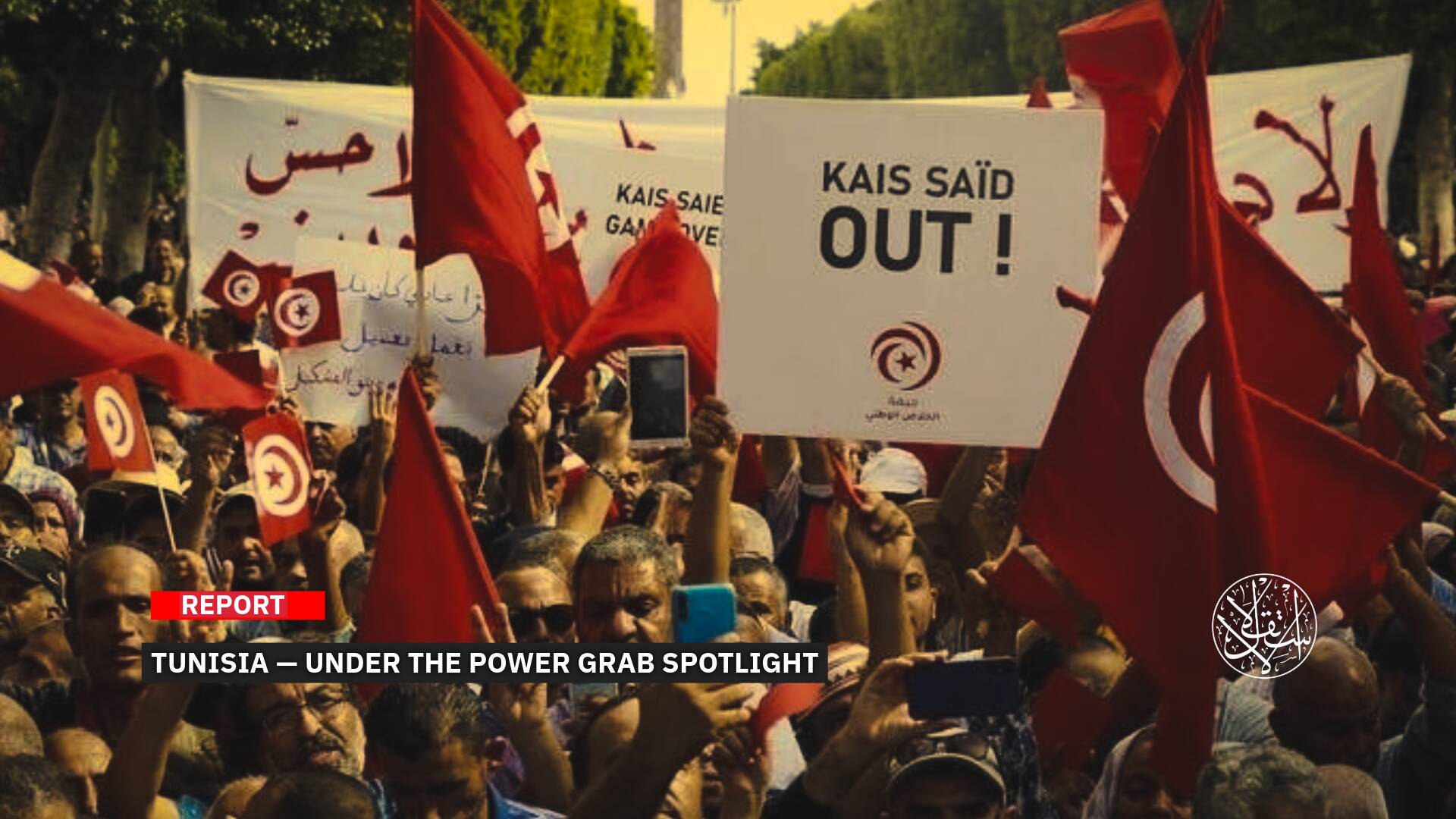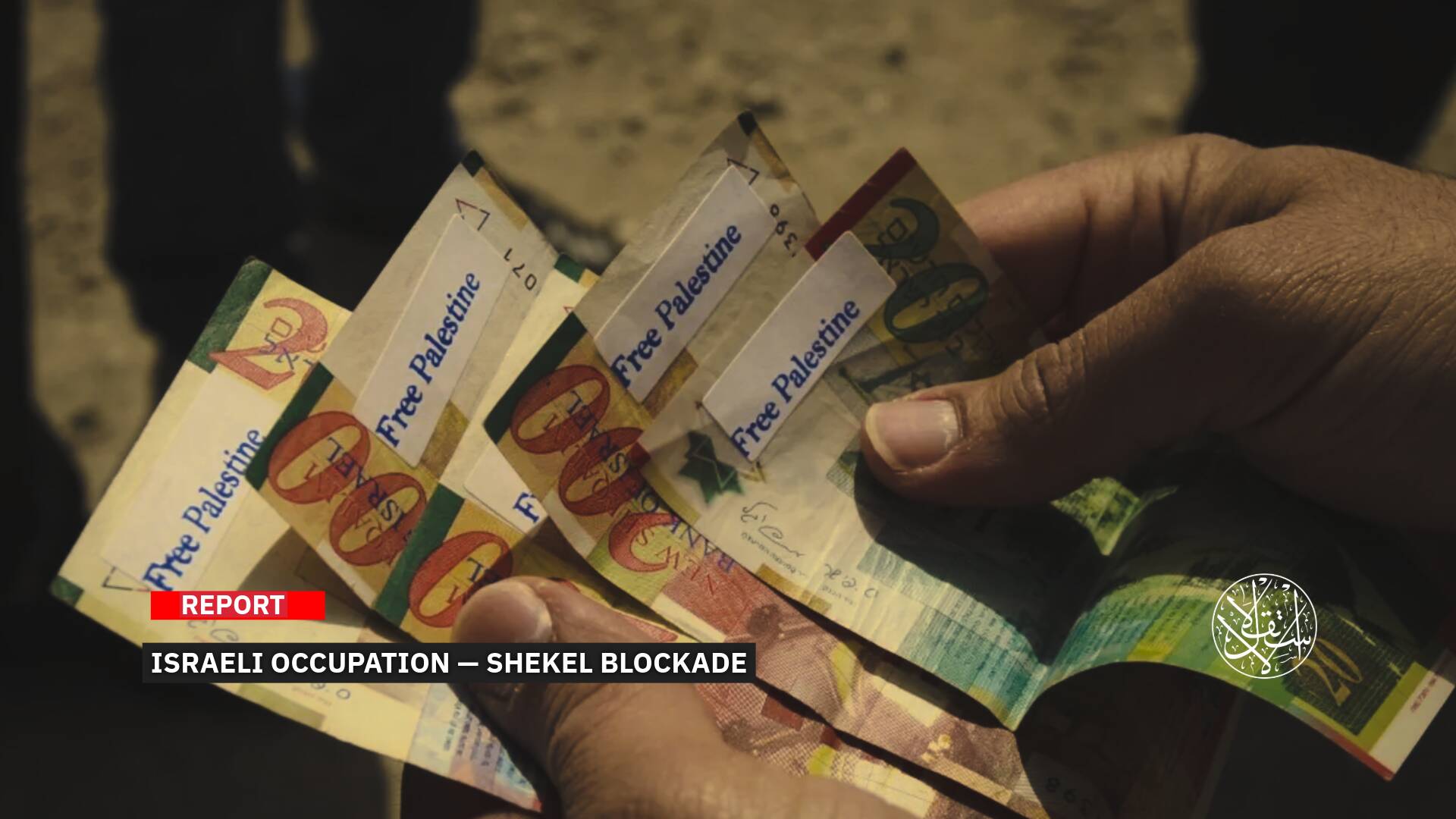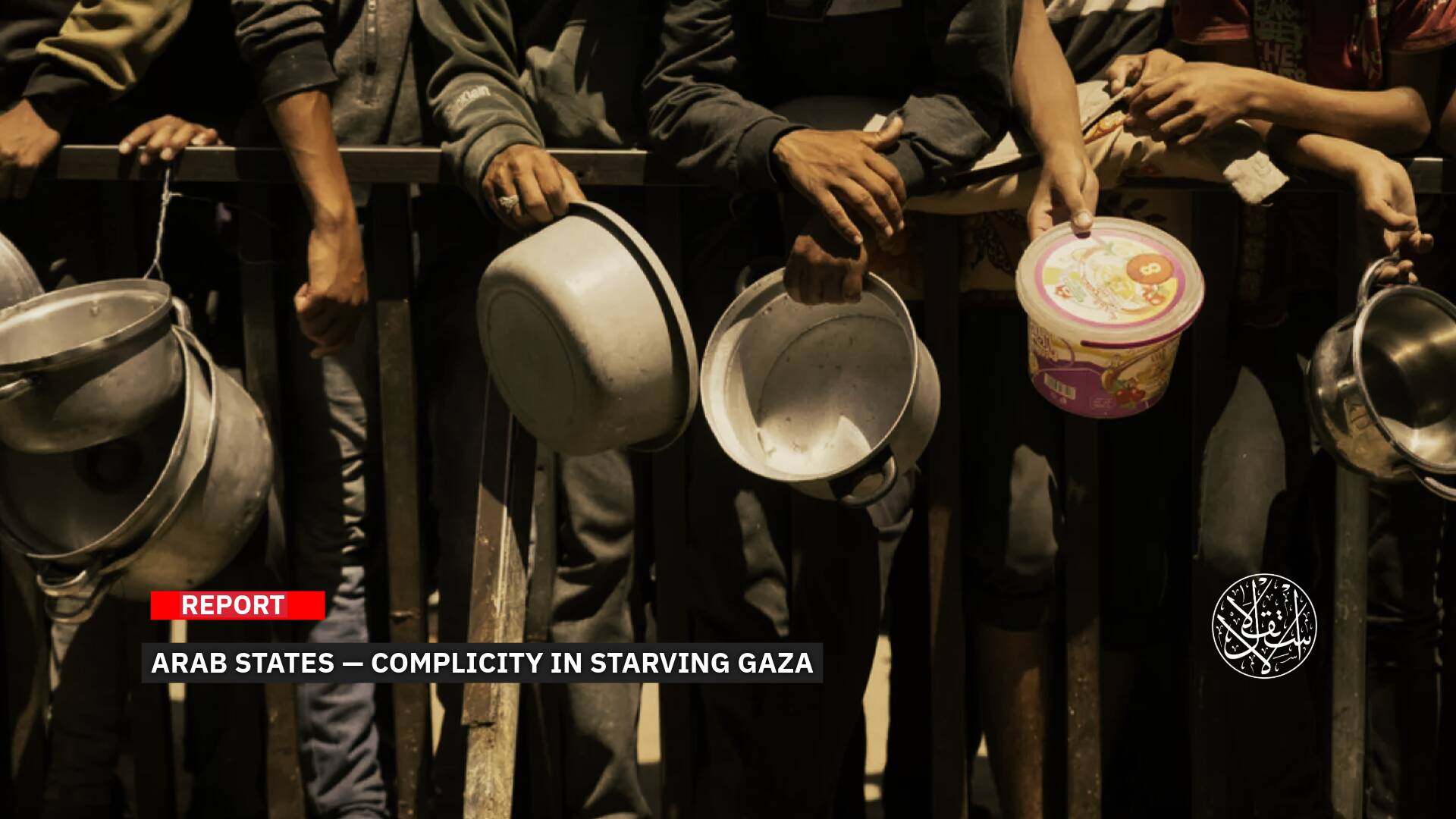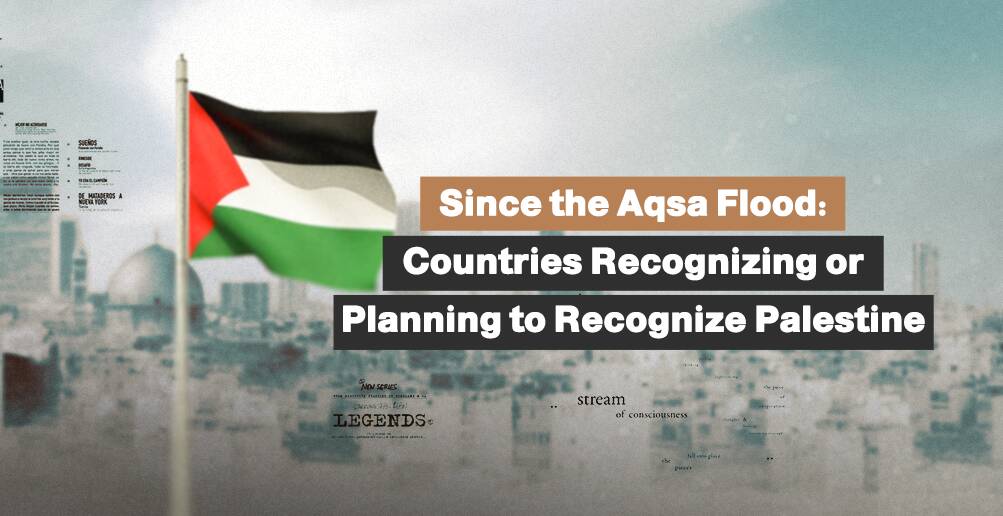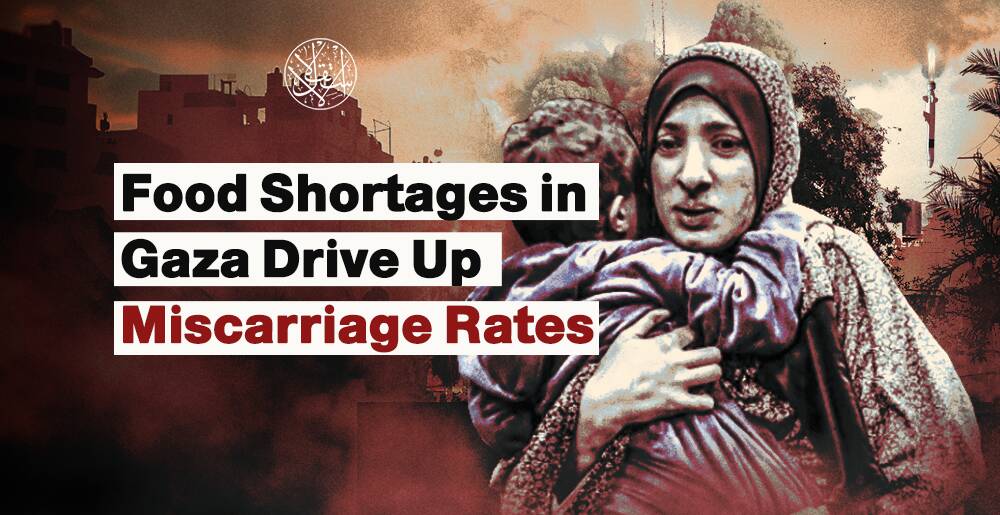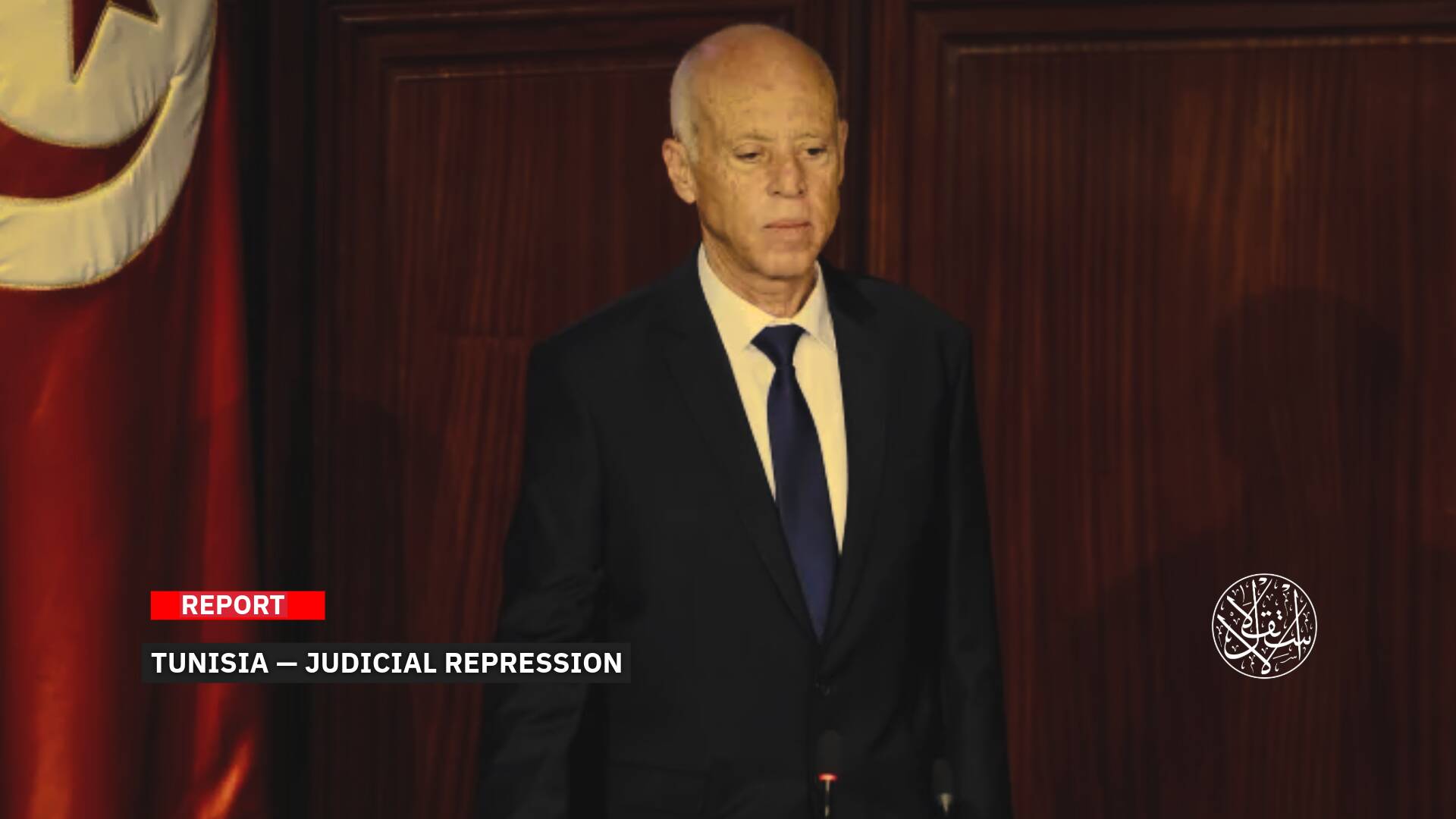High Rents in Tunisia; How Did It Threaten the Middle Class?

The optimism of the unprecedented peaceful transition after the Arab Spring revolution that ended up with the presidency of Kais Saied hasn’t delivered the promise of greater opportunities or improved livelihoods.
What happened was completely the opposite. Since the constitutional coup of the Tunisian President and the freezing of Parliament, the Tunisian People’s suffering has reached staggering levels. The Middle Class was the most affected by the deteriorating economic situation; low income faces high living expenses.
Low Income
Tunisia is the only democratic success story of the Arab Spring. Nearly a decade since the revolution though, the country still struggles to reform political and socio-economy, things have worsened.
Although Tunisia shares many characteristics of an upper-middle-income country, its average incomes are now slowly converging with those of other lower-middle-income countries with high living expenses like housing rent and food.
Tunisia’s political impasse which has resulted in a constitutional coup and difficulty in forming a government weakened any effort to economic reforms. Many Tunisians, especially the educated youth, want to leave the country looking for a better life.
The large informal economy and political fragmentation are Tunisia's main problems leading to high unemployment particularly among the youth and women. These constraints have been increased by the impact of the Coronavirus pandemic which has transformed from a health crisis to a crippling economic issue.
Renting a house in Tunisia means that about 60% of the Tunisian people will give two thirds of the salary to the house owner. One third will be for food, education, clothes, and transportation. This leads automatically to loans and borrowing and the circle never ends.
Fading Away
Many Tunisians have recently expressed their concerns about any agreement that the Tunisian government may make with the International Monetary Fund on austerity economic measures, which will have inevitable social outcomes on large parts of society.
Indeed, there are technical negotiations between Tunisia and the IMF for a $4 billion loan. In fact, this loan is the highest amount that Tunisia has taken since its independence.

For the approval, the authorities must proceed with economic reforms that frighten many citizens, especially when it comes to obligations for lifting subsidies on basic materials and reducing wages by 15%.
These negotiations come amid a financial crisis in the country, which recorded a deficit of 11.5% at the end of 2020, and a negative growth rate of the economy in the range of 8.8% due to the repercussions of the Covid-19.
Biggest Fears
In a new report, The National Website sheds light on the concerns of the Tunisian people, especially that the disappearance of the middle class is their biggest fear.
Sondes, a 38-year-old mother, said to Al-Estiklal that she has two children studying at a primary school, “I am divorced, and I am the only one who takes care of my children, I do not know where is my ex-husband but I had to work to earn 600 dinars (250 dollars) to pay the renting, food, everything.” She added that she knows where to spend every dinar of her salary. “It is not enough but I am obliged to manage everything.”
Al-Estiklal also interviewed Mr. Abdelhamid, a 49-year-old teacher. He said that teaching is a very hard job and the salary is very low. “My wife is a teacher too, and we have barely managed to pay all that is necessary for normal living standards.

Abdelhamid and Sondes are a part of the fading middle class in Tunisia, which is suffering from economic decline. Currently, the families of this class are facing a new crisis, especially as the authorities are willing to adopt austerity measures that include lifting subsidies on some basic items like food and fuel.
Fadel Kaboub, an associate professor of economics at Denison University in Ohio who is following Tunisia's economy, said that what happens to the middle class is like medieval bloodshed.
Kaboub noted that decades of bad economic policies that focused on low-value-added exports and foreign employment have left Tunisia in a bind. He added that a massive trade deficit has developed over the years, which has left Tunisia without food security with gaps in the trade balance.
Many people fear an explosion in the street due to the lifting of subsidies, and another revolution
Any Solutions?
Tunisia needs a clear development vision that fosters inclusivity as opposed to just a few insiders getting the largest share of the national cake, according to the Institute for Security Studies Website. To achieve this, the country should promote greater economic freedom and a better business regulatory framework that promotes transparency and fair competition, according to the same website.
The country should also reconstruct its labor policies to give more and greater opportunity for youth and women in employment. This could decrease the informal economy and result in tax revenue for the government. Reforming the subsidy system to social safety net programs could also promote more competence and effectiveness in poverty reduction and use of public funds.
Political stability is necessary to bring these economic reforms to life. The battery of economic and political reconstructions are the foundational steps to pursue a vision and development pathway for Tunisia.
Tunisia is currently importing food that it could produce. In doing so, the country needs a food security policy that doesn’t undermine the productivity of its agricultural sector.
Considering these reforms will require great political will, financial resources, and a shared vision for all Tunisians.






